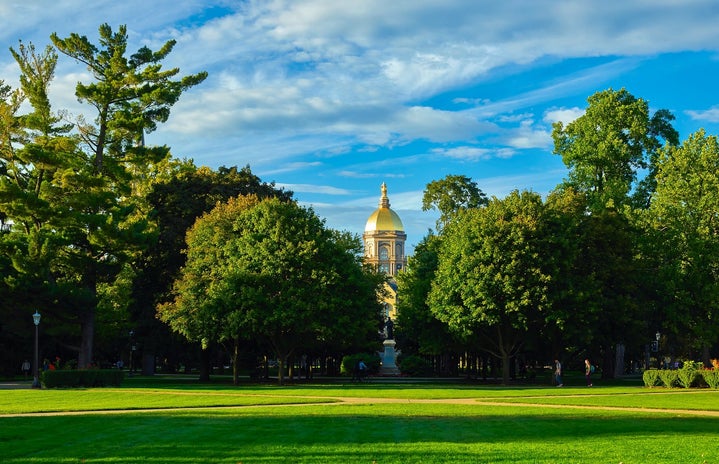If you’re like me, every morning when you clamber out of bed for class, you see people flocking towards the campus coffee house ordering lattes and cappuccinos and fancy concoctions that you didn’t even know existed. Double whip cream, three shots of espresso, chocolate syrup, caramel drizzle, room for cream, no room for cream – how does the lid even fit on some of these drinks? But if you’re like me, coffee has never been for you.
I once lied my way through a Starbucks interview, when the interviewer’s first question was “What’s your favorite Starbucks drink?” and I didn’t think she’d find “tea” to be a suitable answer. Friends often say to me, “how do you live without coffee?” as if I need to remind them and their caffeine addictions that they wake up in the morning and have to have three cups before they are fully functional.
What is it about coffee that you and I can’t deal with? The taste – the bitter taste, the aftertaste, the smell of over-roasted coffee… Yes, there’s milk, yes, there’s sugar, but I end up putting more sugar in my coffee than I care to admit, all to make it tolerable. So, how am I surviving college when coffee just isn’t for me?
Caffeine Alternatives:
1) Caffeinated Tea
Caffeinated tea is an alternative to coffee, which still provides you with some caffeine to wake you up. For me, tea has always had a more tolerable and subtle taste. It is also more soothing than coffee, which can be abrasive on the stomach. Try a green or a black tea to help pep you up! Tea also has other healing properties because it contains antioxidants and is a good remedy for sore throats and upset stomachs. Additionally, tea is a much healthier alternative.
2) B-12 Vitamins
B-12 is an essential vitamin for energy production in the body. It may not work like a shot of caffeine but it can reduce feelings of tiredness and weakness. B-12 also supports mood, memory, heart, skin, hair, and digestion. Be sure to take the correct dosage!
3) Chocolate
Yes! An excuse to eat chocolate! That’s right, chocolate is high in carbs and provides the body with instant energy. Chocolate contains a small amount of caffeine that will give you a boost. This can be both a physically and psychologically stimulating effect.
4) In addition to those handy snacks and supplements, a change in routine can benefit for those like you and me who just can’t do coffee. Try sticking to a schedule. Track when you are most productive and schedule time to complete homework and other college-related tasks during the times when you have the most focus. While it’s hard to stick to a consistent sleep schedule in college, set boundaries and schedule time to get work done before bedtime.
When it comes to napping – 10-30 minutes is the best length for a nap to last. Any longer and you risk developing that awful groggy feeling which takes longer to get rid of then your actual nap. Avoid that – it will only make you sleepier! Power naps are ideally between 1pm-4pm.
College without coffee might be hard, but it’s not impossible! Try these tips and see how it goes – if you need an extra kick… think about all that money you are saving avoiding your college coffee shop every morning.

